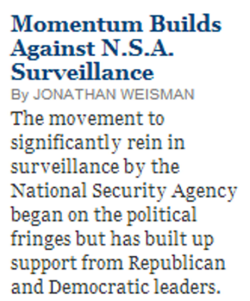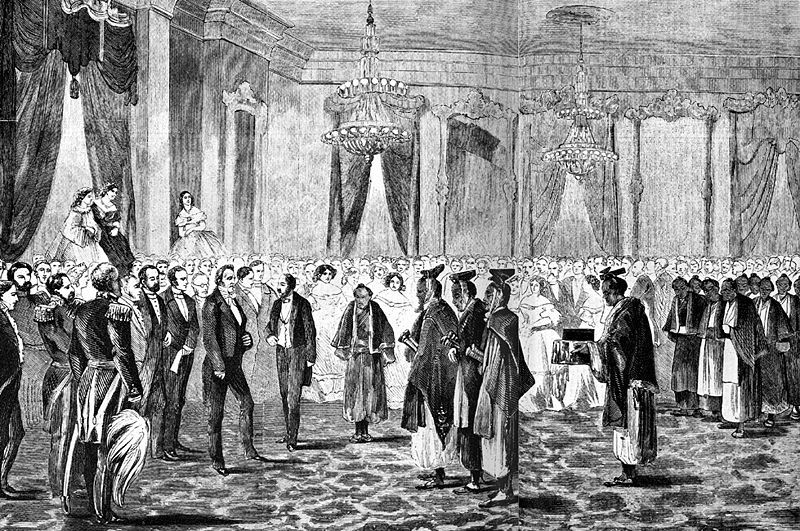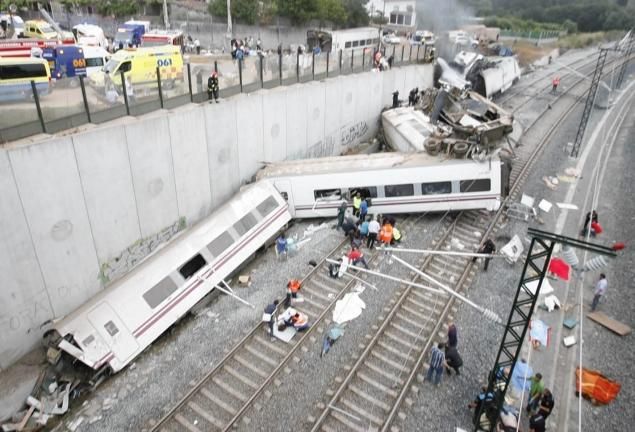Before last week’s vote on the Amash/Conyer Amendment, that would have stripped financing for the NSA program of unfettered surveillance, the American people were already shifting in how they viewed these programs. Over the weekend Pew conducted another poll showing that the shift is even more stark.
“Overall, 47% say their greater concern about government anti-terrorism policies is that they have gone too far in restricting the average person’s civil liberties, while 35% say they are more concerned that policies have not gone far enough to protect the country. This is the first time in Pew Research polling that more have expressed concern over civil liberties than protection from terrorism since the question was first asked in 2004.”
Major opinion shifts, in the US and Congress, on NSA surveillance and privacy
by Glenn Greenwald, The Guardian
Pew finds that, for the first time since 9/11, Americans are now more worried about civil liberties abuses than terrorism
Perhaps more amazingly still, this shift has infected the US Congress. Following up on last week’s momentous House vote – in which 55% of Democrats and 45% of Republicans defied the White House and their own leadership to vote for the Amash/Conyers amendment to ban the NSA’s bulk phone records collection program – the New York Times has an article this morning which it summarizes on its front page this way:
Click on image to enlargeThe article describes how opposition to the NSA, which the paper says was recently confined to the Congressional “fringes”, has now “built a momentum that even critics say may be unstoppable, drawing support from Republican and Democratic leaders, attracting moderates in both parties and pulling in some of the most respected voices on national security in the House.” [..]
The strategy for the NSA and its Washington defenders for managing these changes is now clear: advocate their own largely meaningless reform to placate this growing sentiment while doing nothing to actually rein in the NSA’s power. “Backers of sweeping surveillance powers now say they recognize that changes are likely, and they are taking steps to make sure they maintain control over the extent of any revisions,” says the NYT.
The primary problem enabling out-of-control NSA spying has long been the Intelligence Committees in both houses of Congress. That’s an ironic twist given that those were the committees created in the wake of the mid-1970s Church Committee to provide rigorous oversight, as a response to the recognition that Executive Branch’s surveillance powers were being radically abused – and would inevitably be abused in the future – without robust transparency and accountability. [..]
The largest changes toward demanding civil liberties protections have occurred among liberal Democrats, Tea Party Republicans, independents and liberal/moderate Republicans. Only self-identified “moderate/conservative Democrats” – the Obama base – remains steadfast and steady in defense of NSA surveillance. The least divided, most-pro-NSA caucus in the House for last week’s vote was the corporatist Blue Dog Democrat caucus, which overwhelmingly voted to protect the NSA’s bulk spying on Americans.
As I’ve repeatedly said, the only ones defending the NSA at this point are the party loyalists and institutional authoritarians in both parties. That’s enough for the moment to control Washington outcomes – as epitomized by the unholy trinity that saved the NSA in the House last week: Pelosi, John Bohener and the Obama White House – but it is clearly not enough to stem the rapidly changing tide of public opinion.
On Sunday, Sen. Ron Wyden (D-OR), one of the harshest critics of the NSA and the FISA court, was a guest on C-Span’s Newsmankers. He called the FISA court “anachronistic” and stated that he is most likely to support overhaul of the secretive court. He was particularly alarmed by the way that the Patriot Act was being interpreted by the federal government in its fight against terrorism.



 At the time that I start writing, the death toll from the train wreck that took place in Santiago de Compostela in Spain
At the time that I start writing, the death toll from the train wreck that took place in Santiago de Compostela in Spain
Recent Comments